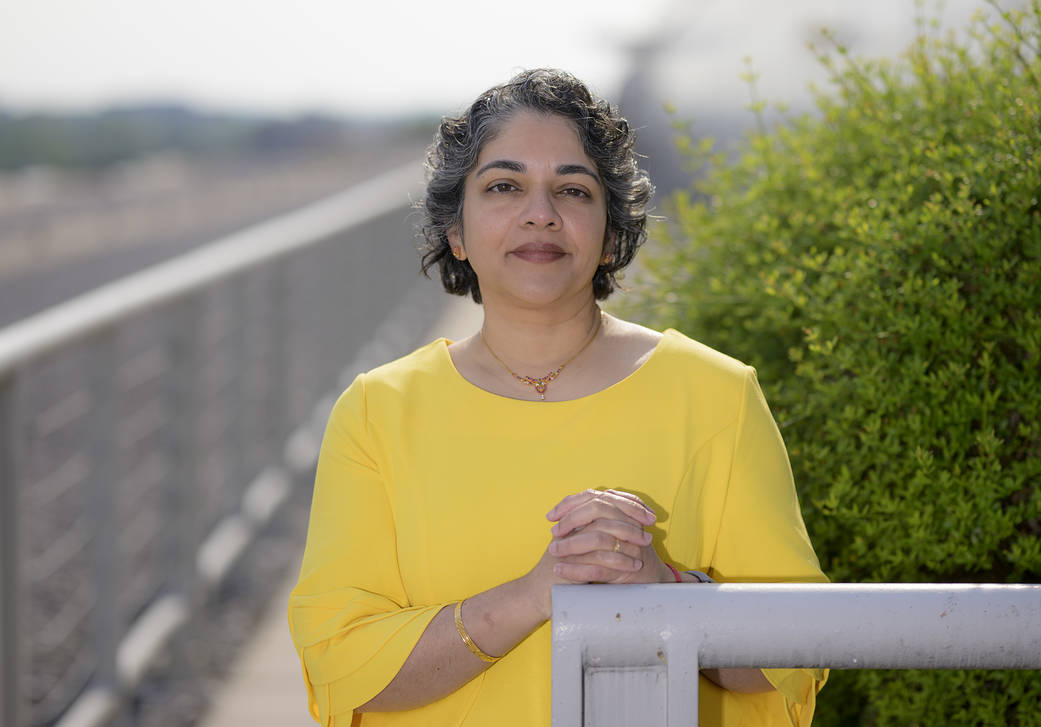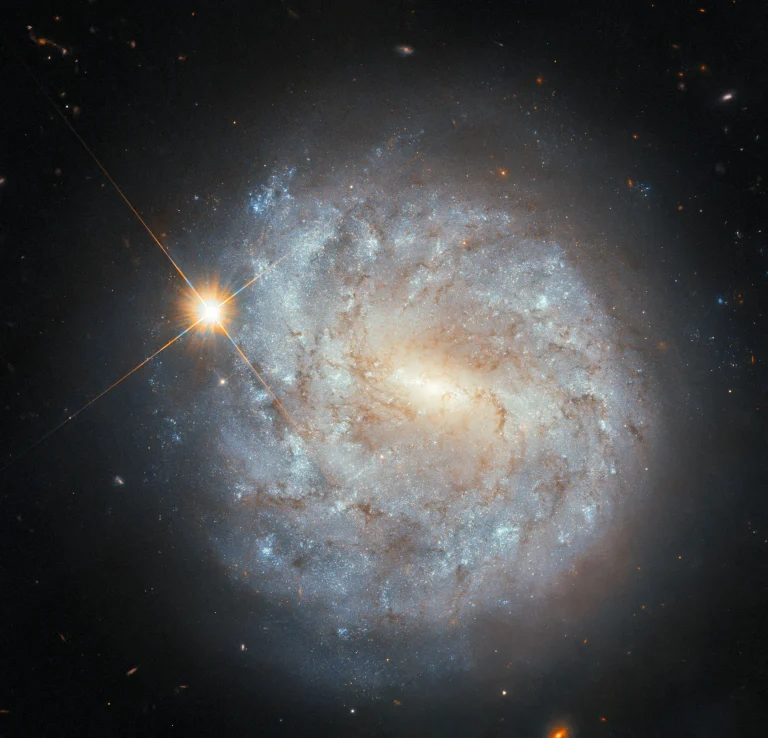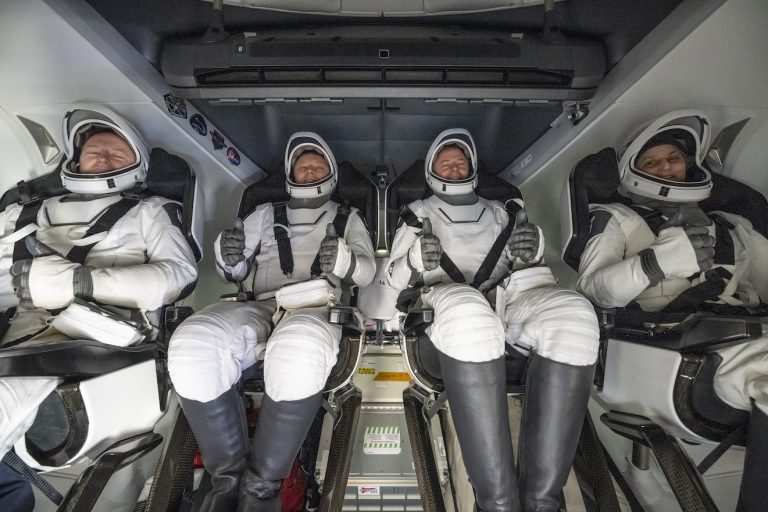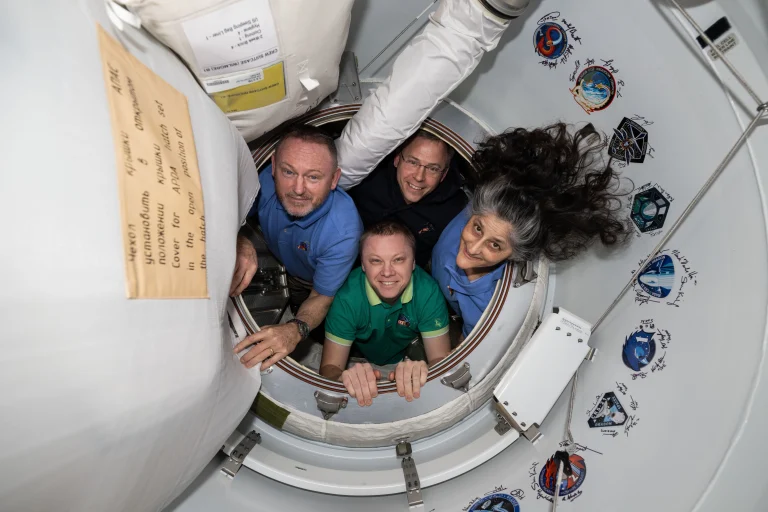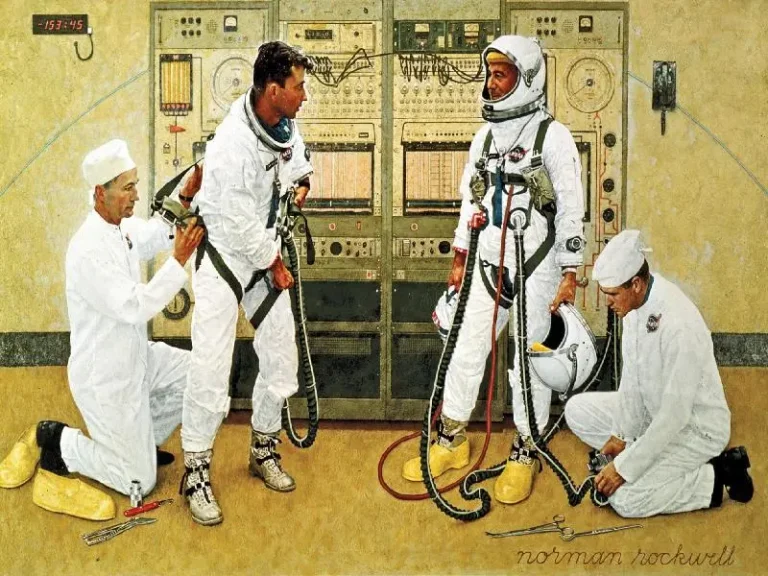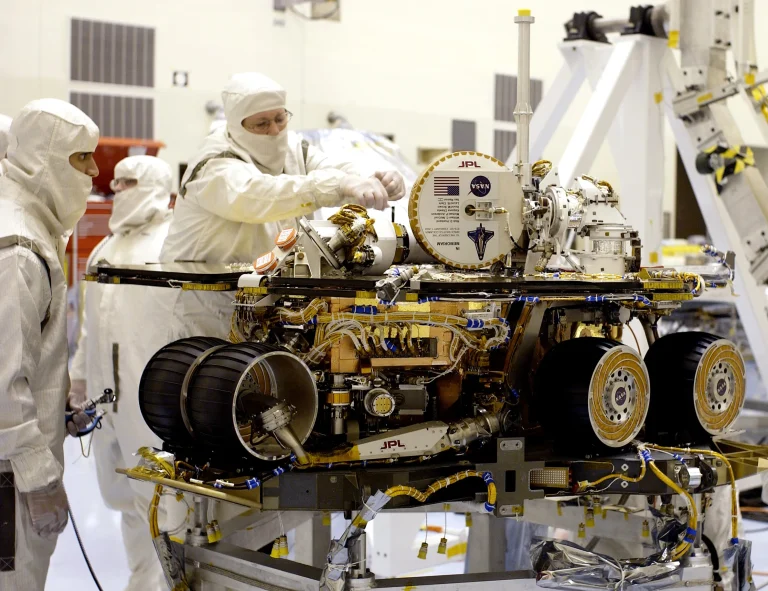“It’s important for me to be an advocate for Diversity, Equity, Inclusion, and Accessibility broadly for minorities and Asian Americans because I think I have a level of privilege that maybe other minorities may not feel that they do. I’m Asian American, Indian family, you know, privileged, not just in income and position, but also, we have the model minority myth.
“It is this idea that Asian Americans are the good ones. We brought ourselves up by our bootstraps in this country, and we don’t have any problems. That we’re the successful ones. There is no discrimination. Nothing is holding us back. So, that by itself is a problem because that’s not true. But the second part of that is it’s frequently weaponized against other minority groups. It’s an incredibly harmful stereotype, but it gives me privilege because if I’m seen as one of the good ones, I can sneak in and say something that someone without that myth behind them might not feel comfortable saying. If I can advocate for all the groups that need equity, I’m glad to do it.
“I decided to be a part of the Science Mission Directorate Inclusion, Diversity, Equity, and Accessibility Working Group initially and then co-chair the Asian American Native Hawaiian Pacific Islander Employee Resource Group at NASA for many reasons, but I think the main one may be that it’s fulfilling. It fills my cup, as some people might say. Race, discrimination, and unfairness are just so present in our lives. I feel like some people just figured it out with George Floyd’s murder, but the rest of us knew. We knew it was there. I knew in elementary school when I was called a gorilla. When kids told me, ‘Why don’t you go back where you came from? If you’re an Indian, where’s your bow and arrow?’
“Things like that stick with you, they really stick with you. So, when you carry that, how could I not do something as small as [being an advocate], and NASA is my immediate environment, so it makes sense.”
– Anita Dey, Strategic Partnerships Manager, Outreach and Engagement, NASA Headquarters
Image Credit: NASA / Bill Ingalls
Interviewer: NASA / Tahira Allen
Check out some of our other Faces of NASA.
“对我来说,为少数族裔和亚裔美国人广泛倡导多样性、公平、包容和可及性非常重要,因为我认为我拥有某种程度的特权,而其他少数族裔可能感觉不到这一点。我是亚裔美国人,印度家庭,你知道,享有特权,不仅在收入和地位上,而且,我们有模范少数民族的神话。
“亚裔美国人是优秀的,这是一种观念。我们在这个国家白手起家,没有任何问题。我们是成功的一方。不存在歧视。没有什么能阻挡我们。所以,这本身就是一个问题,因为这不是真的。但第二部分是它经常被武器化来对付其他少数民族。这是一种极其有害的刻板印象,但它给了我特权,因为如果我被视为一个好人,我就可以偷偷溜进去,说一些没有这种成见的人可能会觉得不舒服的话。如果我能为所有需要公平的群体辩护,我很乐意这样做。
“我最初决定成为科学任务理事会包容、多样性、公平和无障碍工作组的一员,然后担任NASA亚裔美国人夏威夷土著太平洋岛民员工资源小组的联合主席,原因有很多,但我认为最主要的原因可能是它很有成就感。正如有些人可能会说的,它装满了我的杯子。种族、歧视和不公平在我们的生活中随处可见。我觉得有些人只是发现了乔治·弗洛伊德的谋杀案,但我们其他人都知道。我们知道它就在那里。小学的时候就知道被人叫大猩猩。当孩子们告诉我,‘你为什么不回到你来的地方?如果你是印度人,你的弓和箭在哪里?’
“这样的事情会一直伴随着你,它们真的会一直伴随着你。所以,当你带着它的时候,我怎么能不做(作为一个倡导者)一点小事呢?NASA是我的直接环境,所以这是有意义的。”
——安妮塔·戴伊,NASA总部外联和参与战略伙伴关系经理
影像来源:NASA / Bill Ingalls
采访者:NASA / Tahira Allen

